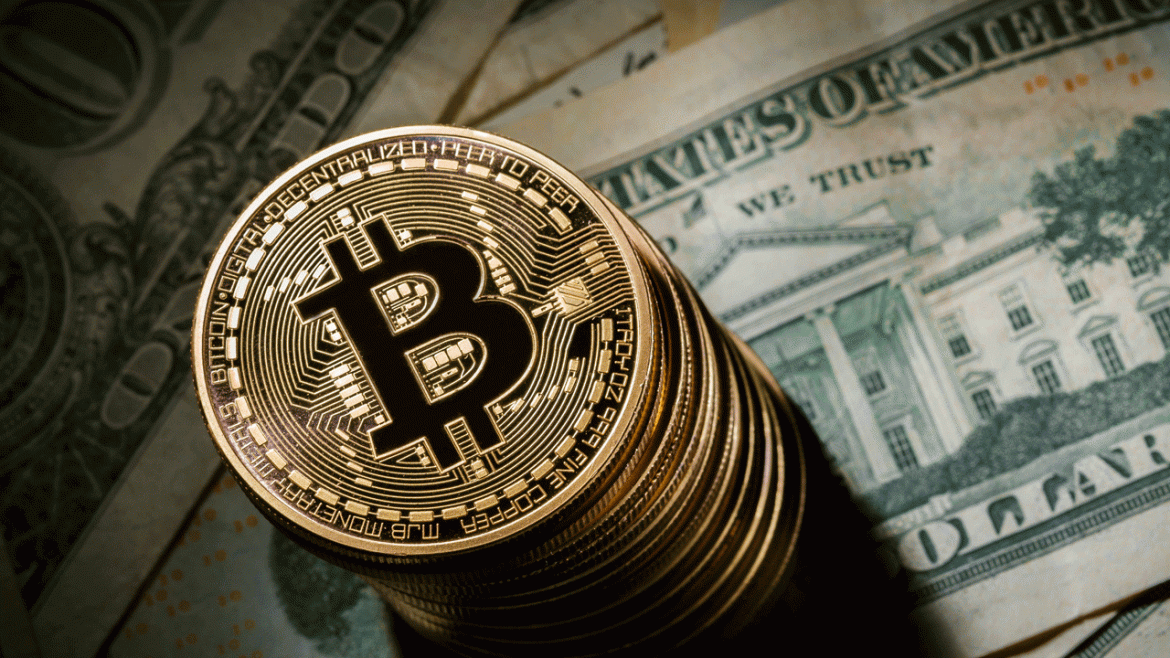World News – Somehow the Bitcoin roller coaster just keeps climbing, leaving many people wondering when it will finally crest the top of the hill and tumble down the other side or if it may just climb right out of the atmosphere.
On Saturday the price of a single Bitcoin briefly crossed $19,700 on Coinbase, which is remarkable for the cryptocurrency that was trading for under $1,000 a this time last year and under $8,000 only a month ago. In just the past seven days, Bitcoin is up nearly 35 percent.
All along the way there has been talk of a Bitcoin bubble about to burst, and as the price approaches another psychological milestone at $20,000 the question of whether we’ve finally reached the peak is top of mind once again.
Bitcoin is notoriously volatile and it may not be well known that its price has actually crashed a handful of times in the past, when it was less on the mainstream radar.
According to Dr. Daniele Bianchi, Assistant Professor of Finance at the Warwick Business School in the U.K., those crashes were essentially due to a few types of events: hacking, regulatory interventions, technology updates and subsequent competition from other crypto-currencies.
Blockchain watchers surely remember the drama generated by the hacking of leading exchange Mt. Gox, which was subsequently shutdown a few years later: both events caused the price of Bitcoin to crash at the time. China’s chilly regulatory approach towards Bitcoin has also taken a chunk out of its value on at least two occasions. Most recently, the failed fork (explained here) contributed to a price dip, although it didn’t last for long.
“This tells one simple story; the main risk for Bitcoin comes from external factors such as regulatory intervention and security breaches which might hit the credibility of the entire protocol and its effective usefulness as a method of payment/store of value,” Bianchi explained to me.
He also expects that competing currencies like Bitcoin Cash could impact the original Bitcoin currently generating all the attention.
“The very open source nature of Bitcoin makes it vulnerable to competition, although the “first-mover” advantage had so far gave a gap with other competitors which is hard to close,” he says.
The recent introduction of Bitcoin futures contracts also opens up new possibilities and scenarios that could cloud the future of the asset/currency even further, but Bianchi notes that it “will inevitably lead to further attention of regulators and specialized investors.”
So what does all this mean for the talk of a Bitcoin bubble?
While Bianchi says much of the risk comes from external factors, he thinks current enthusiasm for Bitcoin comes not just from speculation but also from what he calls an “accelerating professionalization of cryptocurrency trading” and a belief in the Blockchain technology that underlies it.
Bottom line: neither Bianchi nor I offer investment advice and Bitcoin’s price has dipped in the past due to largely unforeseen events, but he still sees the increasing legitimacy of cryptocurrencies pushing prices up over the short to medium term.
But just be sure to watch out for those unforeseen events that tend to pop up eventually.
To jack in to my brain and get more on the latest in science, tech and innovation, follow me here on Forbes, as well as on Twitter @ericcmack and on Google+.
My Eric Mack, Forbes

